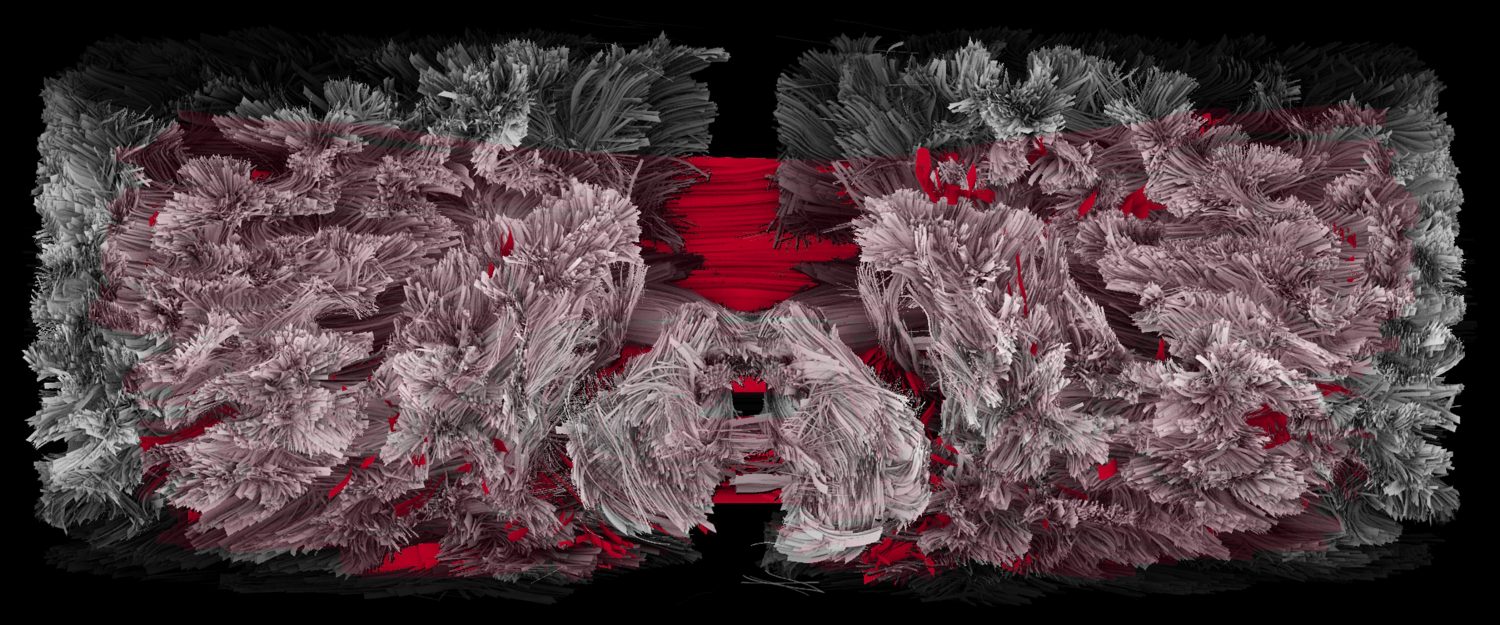Healthcare on the Move: Future Directions
Online Workshop 3 | 23-24 September 2021
Throughout the COVID-19 crisis, the call to ‘return to normal’ has been consistently articulated alongside demands to ‘build back fairer’. Ideas surrounding the protection of public and individual health drove public policy in the pandemic, disrupting the movement of people and things within and across borders. As a result, refugees, migrants and other members of mobile populations have increasingly faced an emerging ‘sanitary apartheid’ (Heller 2021), that is a reinforcement of border regimes in the name of preserving public health.
 This workshop asks what role can research play in disrupting a ‘return to normal’ where entitlement and access to healthcare for members of these mobile groups remains a key arena where bordering practices and the denial of rights continue to play out. Consolidating key insights from Doctors within Borders Workshops 1 and 2, the aims of the final workshop are to support further collaboration between network participants, and to continue developing a research agenda around health mobilities. We invite participants to consider how calls for mobility justice (Sheller 2018) can be aligned with the critical exploration of health care access for mobile populations in this time of multiple crises.
This workshop asks what role can research play in disrupting a ‘return to normal’ where entitlement and access to healthcare for members of these mobile groups remains a key arena where bordering practices and the denial of rights continue to play out. Consolidating key insights from Doctors within Borders Workshops 1 and 2, the aims of the final workshop are to support further collaboration between network participants, and to continue developing a research agenda around health mobilities. We invite participants to consider how calls for mobility justice (Sheller 2018) can be aligned with the critical exploration of health care access for mobile populations in this time of multiple crises.
Discussions within the network thus far have highlighted the paradoxes of healthcare, recognising the dichotomy of care and control by state, and the (in)visibility of mobile populations as they are subject to bordering practices, which make them appear transient in the eyes of healthcare (and welfare) systems. This transience renders particular groups vulnerable to ill health generated by the conditions this (in)visibility engenders as they are denied the full recognition of citizenship. To learn more about our about previous work, you can explore the Working Papers from Workshop 1 here and the Programme of our recent Workshop 2 here. The present call focuses on healthcare and mobility futures, seeking both critical assessments of emerging trends at the intersections of bordering, healthcare and public health, as well as imaginative proposals that transcend the inequalities of (im)mobility and access to healthcare.
Topics
The design of this workshop is informed by the awareness that the pandemic has had a significant impact on research activities, from the time available to issues of access. In addition to empirical research at any stage of progress, we welcome contributions that are conceptual, speculative and agenda-setting. Some specific questions we seek to explore include:
How do we map the development of border policies and practices that seek to utilize public health as a mechanism of exclusion?
What role do data technologies play in moving information while rendering people immobile?
In many places in the UK, Europe and beyond municipalities and activists have challenged the limits on health care entitlements and access for mobile populations, setting up mobile clinics and other paths to universal access, both before and during the pandemic. What can we learn from these local responses to exclusionary policies?
What role can staff working in national healthcare systems and those working outside of national health systems play in supporting mobile populations in the emerging conditions of ‘sanitary apartheid’?
The COVID-19 pandemic has alerted us to mechanisms enabling the movement of resources to care and treat people, with vaccine equity a key issue both within and across borders. In what ways can calls to global health equity be aligned to calls for mobility justice?
How to submit?
To express your interest in participating, please send a 150-200 word abstract summarising your contribution to nicola.burns@glasgow.ac.uk by 31 July 2021.
Important: We have some modest funds to support the participation of healthcare, advocacy or activist organizations, so please be sure to let us know if you are in this category.
The contributions to the workshop will take the form of short online presentations of 10-12 minutes, linked by facilitated discussion. We also welcome participation of non-presenting audience members. We will publish details on how to register for the workshop as an audience member alongside the finalized program.

